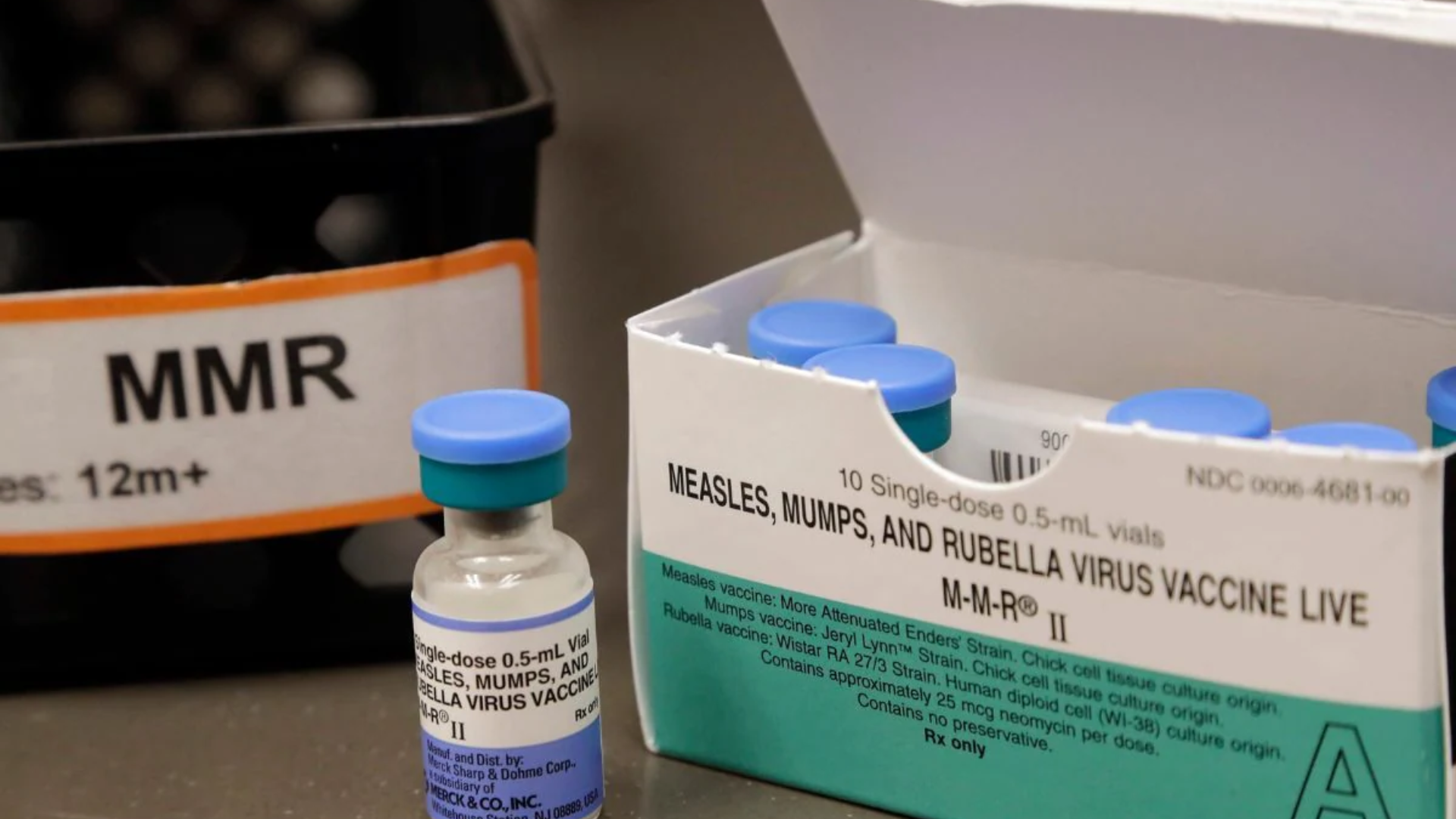A surge in mumps cases has been observed across multiple Indian states in the recent months with Delhi-NCR now reporting a significant number of incidences of the viral infection. The resurgence of mumps, characterized by acute flu-like symptoms and salivary gland inflammation, has raised concerns amongst the healthcare professionals.
Mumps, caused by a viral infection, primarily affects children and young adults, manifesting as fatigue, muscle pain, loss of appetite, headache, fever, and painful swelling in the salivary glands. While the disease typically resolves within a week without major complications, some individuals may experience prolonged discomfort, including testicle inflammation and other sequelae.
According to government data, the cumulative count for cases regarding mumps had reached 15,637 by March 2024, reflecting a notable increase in the infections, particularly from states like Kerala, Maharashtra, Telangana, and Andhra Pradesh.
The resurgence of mumps can be attributed to various factors, including reduced vaccine coverage, reduced immunity over time, increased social contact among children in schools, and also environmental factors like poor hygiene practices and inadequate sanitation.
Despite the availability of a vaccine, mumps has not been included into India’s universal immunization programme (UIP) because of its comparatively low mortality rate. The emphasis of the national immunization strategy remains on diseases like measles, which pose greater infectious and severe health risks.
Dr. RD Srivastava, head of the department of paediatric medicine and neonatology at Sri Balaji Action Medical Institute in New Delhi, noted a rise in mumps cases in the capital city, albeit not at hotspot levels seen in other states. Similar observations were echoed by Dr. Neha Rastogi Panda, a consultant for infectious diseases at Fortis Memorial Research Institute in Gurugram, who highlighted the potential for community outbreaks and increased complications.
Routine immunization and adherence to preventive measures, such as proper hygiene, masking, and maintaining distance, are critical in preventing the spread of mumps. Individuals experiencing symptoms of mumps are advised to seek timely medical advice and practice appropriate isolation measures in order to prevent further transmission.
Further, in addition to the young adults and children, certain population groups, such as older individuals, those with compromised immunity, and pregnant women, are at a rather increased risk of acquiring mumps and are advised by medical professionals to exercise extra caution. Dr. Srivastava also pressed on the importance of educating the public on preventive measures to mitigate the impact of the mumps outbreak amidst evolving environmental and health challenges.











